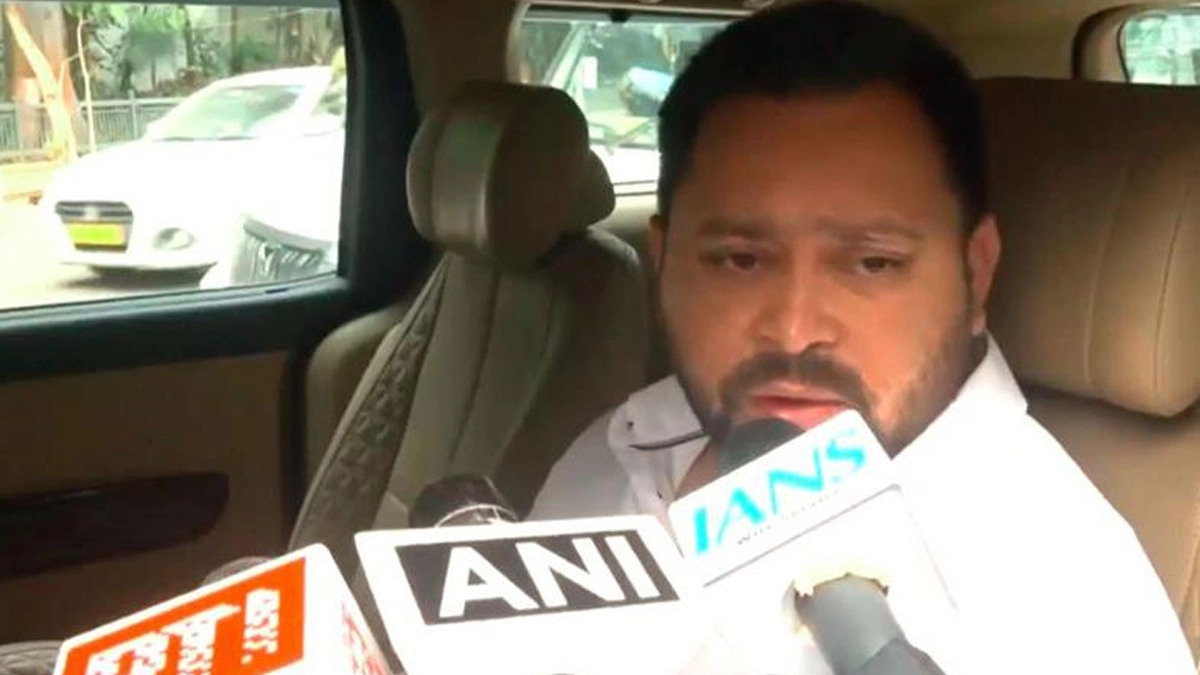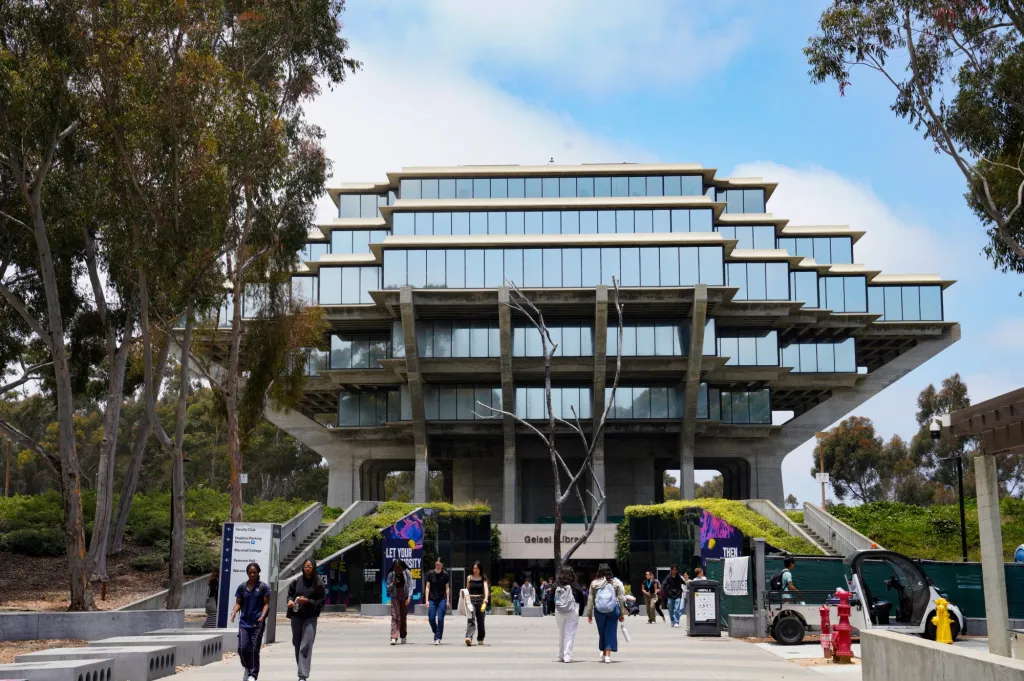Copyright ghanamma

The Tema Development Corporation has had enough. After years of watching millions pile up in unpaid ground rent, they’re finally taking action that’s making defaulters nervous. Managing Director Courage Nunekpeku isn’t playing around anymore. His team has started locking up businesses, schools, hotels, and yes, even churches that haven’t paid their dues. Some of these debts have been sitting there for nearly a decade, which is frankly outrageous when you think about it. The enforcement drive hit several big names right off the bat. Naky’s Hotel, Amaris Terminal, Tema Mall, and Datus School all got visits from TDC’s collection team. And it worked. Several establishments immediately coughed up either full payments or substantial deposits, probably realizing this wasn’t just another empty threat. “We have over ₵600 million outstanding, including debts from major state entities such as TOR and VALCO,” Nunekpeku explained during the exercise. He’s calling it highly successful, and there’s good reason for that confidence. The operation will continue through year end, with no one getting special treatment. Here’s what makes this particularly frustrating for TDC: that ₵600 million could be transforming Tema right now. Roads could be better. Drainage systems could work properly. Housing projects could move forward. Instead, the money’s sitting in the accounts of institutions that apparently think rent is optional. The campaign is revealing something uncomfortable about Ghana’s business culture. While small businesses and ordinary residents have been paying their rent consistently, larger institutions have somehow felt entitled to just… not pay. It’s created a two-tier system where the little guy follows rules while big players ignore them. Nunekpeku isn’t backing down from anyone, including religious institutions. The team plans to work Sundays specifically to target churches occupying TDC lands. “Even Jesus Christ said we should give to Caesar what is due Caesar,” he noted, which is probably the most diplomatic way to tell churches they’re not exempt from paying rent. There’s a broader economic story here that financial analysts are watching closely. When a major municipal corporation like TDC can’t collect what it’s owed, it creates ripple effects throughout the local economy. The corporation pays lower dividends to government, which means less money for national projects. Infrastructure improvements get delayed. Investor confidence takes a hit. But if TDC succeeds? The opposite happens. Recovered funds flow into land development, road maintenance, and new housing projects. Local employment gets a boost. The real estate market stabilizes. It’s not just about collecting old debts; it’s about rebuilding the foundation for Tema’s economic future. The enforcement strategy also sends an important message about accountability in Ghana’s public sector. For too long, there’s been this assumption that government-linked institutions won’t really enforce payment obligations. That creates moral hazard, where businesses calculate they can get away with non-payment because nobody follows through on consequences. Nunekpeku wants to change that calculation permanently. His advice to remaining defaulters is straightforward: pay up before the enforcement team shows up at your door. “We are serious about collecting all arrears. This is not just about TDC, it’s about rebuilding confidence in our urban management systems,” he said. For Tema residents who’ve been paying their own bills on time, this campaign represents long-overdue fairness. Why should they watch their roads deteriorate while major companies skip out on rent payments? The recovered funds could directly improve their daily lives through better sanitation, functional drainage, and affordable housing options. Economists note that improved fiscal discipline at the municipal level reduces government’s need for external borrowing. When local corporations can collect what they’re owed and reinvest those funds efficiently, it strengthens the entire public finance system. Trust in state institutions improves when people see rules being enforced equally. TDC’s campaign isn’t just about chasing money, though that’s certainly part of it. It’s about establishing a new normal where obligations actually mean something. Where size and influence don’t shield you from accountability. Where public institutions can function effectively because everyone contributes their fair share. The real test will be whether TDC maintains this momentum beyond the initial media attention. Debt collection campaigns often start strong but fade when powerful interests push back. But if Nunekpeku and his team can sustain this effort through year end and beyond, they might just transform how municipal finance works in Ghana. That ₵600 million represents more than unpaid rent. It represents schools that could be built, roads that could be repaired, and a city that could function the way its residents deserve. Whether that potential becomes reality depends on TDC’s ability to keep doing what they’ve started: holding everyone accountable, no matter how big their name or how long they’ve gotten away with not paying.



